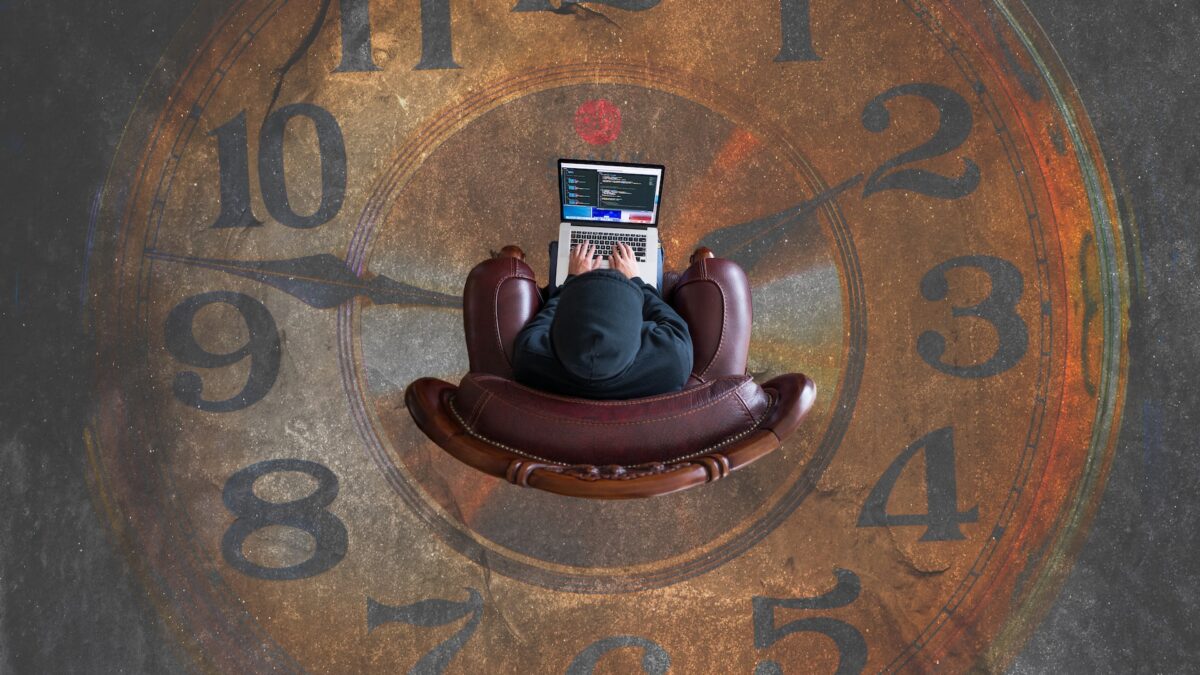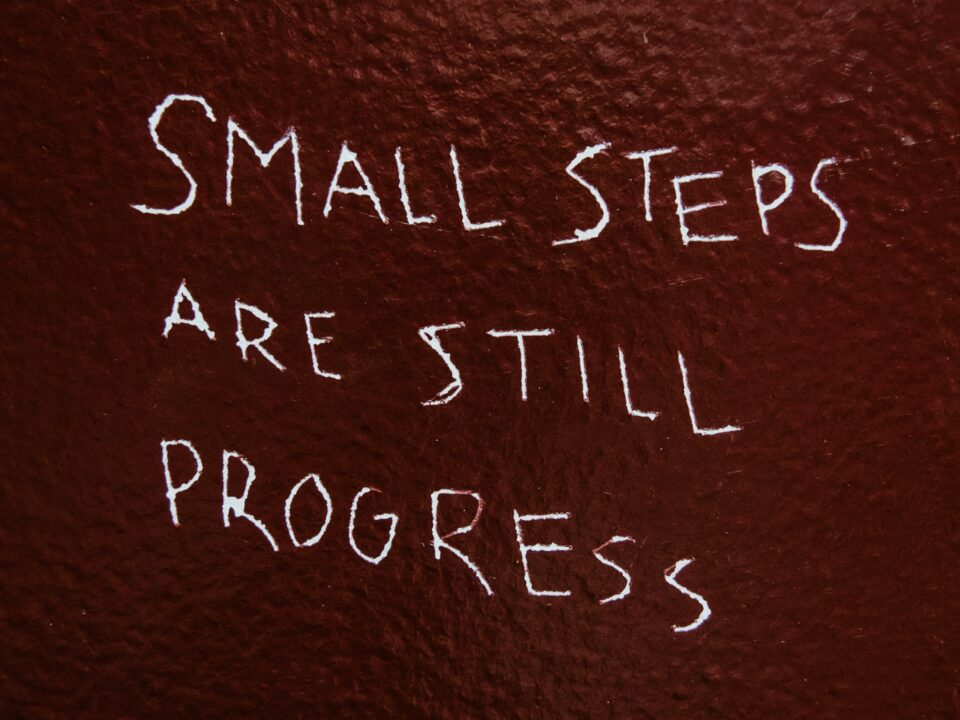
Managing people through change
January 5, 2023
Prioritising your workload for personal effectiveness
March 2, 2023We’ve all experienced pressure and stress within our lives, but what’s the difference, and how does this impact performance at work?
It’s reported that one in 40 workers were affected by work-related stress, anxiety or depression in 2020 to 2021. That’s around 18 million working days thought to be lost each year because of these problems.
A little bit of stress is good for people to perform and protect themselves, say the World Health Organisation (WHO), but too much stress can overwhelm them leading to a fight, flight or freeze response. Learning how to cope with stress is important for our mental and physical wellbeing.
The pressure performance curve
Both managers and employees need to understand and control pressure to improve performance and lessen the harmful effects of stress.
Developed by psychologists Robert Yerkes and John Dodson, the Pressure Performance Curve is a management tool that can help. It illustrates the difference between pressure and stress and is split into five stages:
Boreout
Being continually bored because of a lack of challenge. Over a long period of time boreout can be stressful and signs include anxiety, cynicism, demotivation, depression, disengagement, and lethargy.
Comfort
Enough to motivate you to get things done and function happily. There’s a good level of performance, but it’s not great to stay in the comfort zone all the time. Everyone needs to be stretched.
Stretch
Peak performance occurs when you stretch yourself and this is where growth happens. Our body’s stress response releases adrenaline and cortisol, which help us perform at our best. We think more clearly and have sharper vision.
Strain
Performance starts to nosedive when you’ve been stretched for too long and had no time to recover. Stress symptoms begin to present as frustration, anxiety, poor concentration, and shame about not being able to cope. This is where the ‘Zone of Delusion’ can come into play, where we wrongly believe our performance will improve if we keep working harder. Our focus is lost, we hastily multitask and make mistakes.
Burnout
The burnout zone is dangerous and happens when pressure is very high and sustained. When we are in crisis, we experience exhaustion from chronic stress. Our body defaults to primal survival mechanisms as it believes it’s in physical danger and the ‘fight or flight’ response kicks in. In the workplace, the consequent absence, turnover and presenteeism can cost organisations lots of money.
Ultimately the comfort and stretch zones pave the path to peak performance. As managers and employees, we should be actively avoiding the dangers of boreout, burnout, and the zone of delusion. Think about where you sit on the curve at the moment.
Building resilience to stress
There are a number of coping strategies to build resilience to stress. Here are some ideas to improve communication and boost motivation.
Ask questions
A problem shared is a problem halved, as the saying goes. As a manager, by actively speaking to your team and asking questions you’ll build rapport and hopefully help relieve some of the stress they might be experiencing.
By asking questions such as, how challenging does this task feel? How realistic is this deadline? How equipped do you feel to take on this project? you will open a dialogue and help your team feel heard.
Use CBT to reframe the mindset
We’re all guilty of catastrophising at times, making assumptions and overthinking. Our reactions are primal, but there are ways you can train your inner chimp to respond rather than react.
Cognitive behaviour therapy (CBT) talking techniques such as cognitive restructuring and self-monitoring can help retrain your brain to think differently. By questioning your negative thoughts and holding some space to reframe them, you can alter the way you respond. Consider what evidence you have to back up your belief. Use the ‘witness point of view’ to ask yourself what advice you would give a friend in your situation.
Training yourself to become aware of negative thoughts and feelings and tapping into your rational mindset will help you cope.
Other things to consider
If you’re looking for further inspiration on stress management for your organisation, The International Stress Management Association UK run International Stress Awareness Week every November to raise awareness about stress prevention. You can also download free stress literature to share with friends and colleagues.
We’ve explained the pressure performance curve to help you understand the difference between pressure and stress for peak performance. If you need support, Cube Learning and Development delivers bespoke programmes to help manage change and performance. For a no-obligation chat about this and our other training, call Chris Burton on 07879 602002.
Featured image courtesy of [Kevin Ku]




